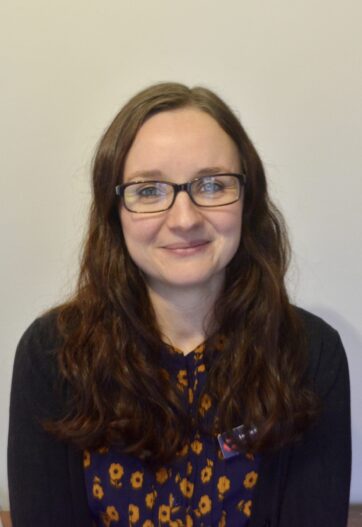Cabrini study: Caring for cancer patients during COVID
05/07/2022

COVID-19 has had an emotional impact on all of us, and there will be long term psychological costs and mental health implications. Many people deferred doctors and hospital visits in fear of exposure to COVID-19, especially as we waited for vaccines to be developed. For many cancer patients this was not an option. They had to come for their treatment, it wasn’t deferrable and couldn’t be delivered through telehealth.
The Cabrini Monash University Department of Nursing Research team set out to understand the experiences of people with cancer and their caregivers during the pandemic, in order to gain important knowledge about how future healthcare should be provided in crises. Their study, COVID-19 and Cancer, published just last month in Cancer Nursing, interviewed 16 healthcare professionals working within the area of cancer care and 19 people who had a diagnosis of cancer or were caregivers of someone with cancer about their experiences during this time.
The team identified five interrelated themes from the interviews: uncertainty and vulnerability; constraints and restrictions; isolation and disconnection; burdens and stressors; and adaptability and resilience.
The results suggested that for people with cancer and their caregivers, their cancer diagnosis concerns outweigh those associated with fear and risks of COVID-19.
Social isolation was the most significant challenge.
Speaking directly with the people affected has highlighted that healthcare services can assist those who are feeling more vulnerable during crises, especially through greater access to psychosocial and spiritual services, and by providing greater attention.
The study was published in the International journal, Cancer Nursing, last month. Read a full text report of the study below.
Dr Lucille Kerr (pictured) co-authored the report with Associate Professor Philip Russo and Chanika Ilangakoon.
This research was made possible by generosity of the donors who support the Alan Jackson Nursing Research Grant.